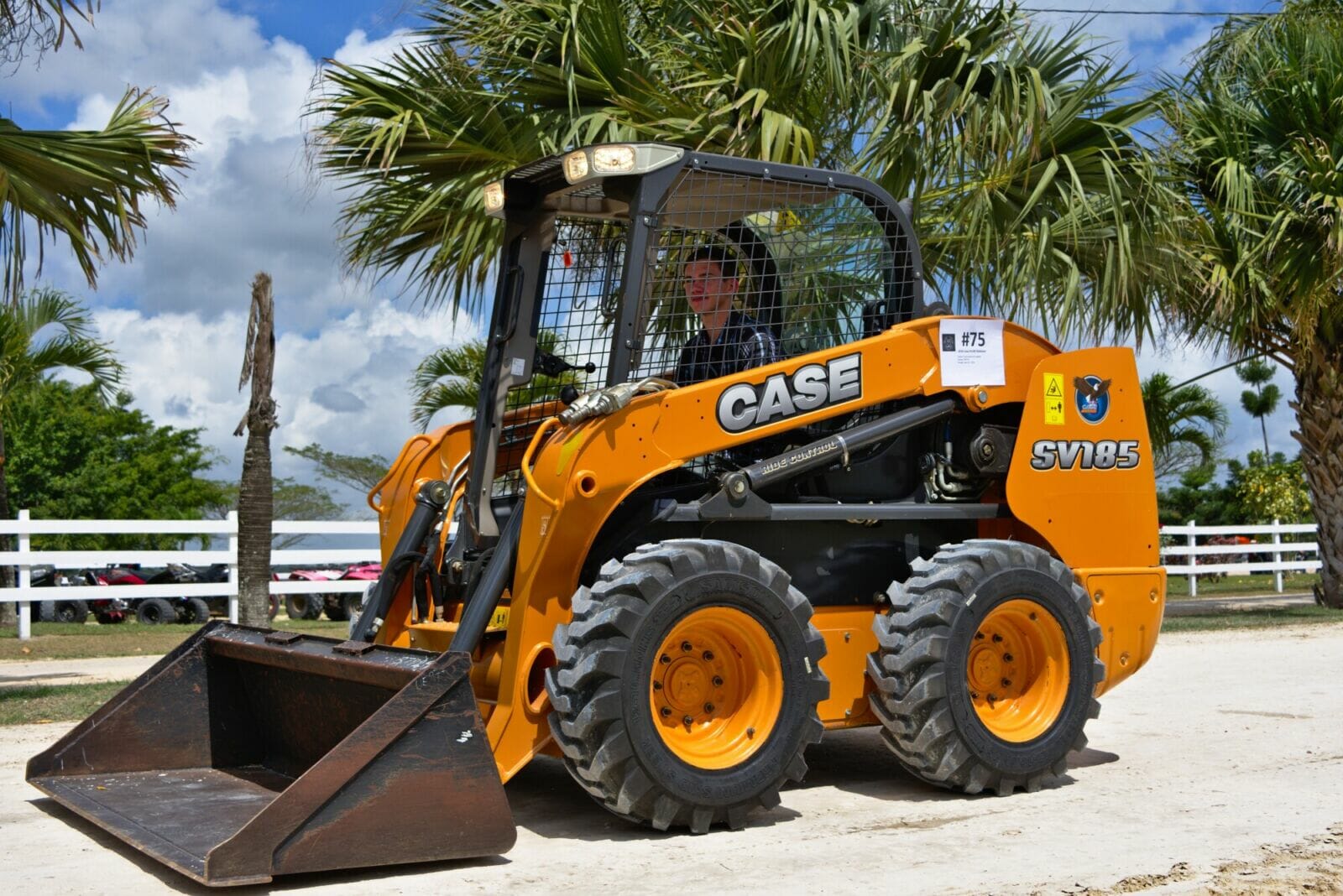Are you thinking of purchasing a skid steer?
This can be a big investment, and you don’t want to rush through it. Plus, you need to take note of every detail, as you can’t revert after making the sale. While it may seem like a daunting task, finding the right machine doesn’t have to complicate.
Think about the brand, the purpose, and your needs when deciding to buy. Here’s what you need to know about when buying a skid steer compressor.
Engine Horsepower
When searching for a skid steer, it is important to consider the engine horsepower. A skid steer with a powerful engine will be able to handle more strenuous tasks, such as excavating or demolition.
However, a skid steer with a less powerful engine will be more economical to operate and may be better suited for less demanding applications, such as landscaping or snow removal.
It is important to match the engine horsepower of the skid steer to the planned use of the machine in order to get the most value out of the purchase.
Hydraulic Flow
When you buy a skid steer, one of the main things you need to consider is the hydraulic flow. This is because the hydraulic flow determines how much power the skid steer will have.
If you have a low hydraulic flow, then the skid steer will not be able to move as much weight and will not be able to do as much work.
However, if you have a high hydraulic flow, then the skid steer will be able to move more weight and will be able to do more work. Therefore, you need to make sure that you select a skid steer with the right hydraulic flow for your needs.
Operator Comfort
When you’re looking for a new skid steer, operator comfort should be one of your main considerations. You’re going to be spending a lot of time in the operator’s seat, so make sure it’s comfortable for you.
The controls should be easy to reach and use, and the visibility from the operator’s seat should be good. You should also make sure the operator’s compartment is well-ventilated and has plenty of room for you to move around.
Size and Weight
When considering what size to buy, think about the types of projects and materials you’ll be working with. If you’re primarily working with light materials, like mulch or soil, a smaller skid steer might be all you need.
But if you’re working with heavier materials like concrete or bricks, you’ll need a larger skid steer that can handle the weight. The size and weight of your skid steer also affect its maneuverability, so keep that in mind when making your decision.
You may also consider forestry attachments that are compatible with your skid steer. Get in touch with companies working seamlessly with different drive systems and horse capabilities to get the right fit for your skid steer.
Buy Your Skid Steer Now
Now that you know the ins and outs of skid steers, it’s time to start shopping for one. Keep in mind the factors that are important to you and your business when making your decision.
With all of this in mind, you’re sure to find the perfect skid steer for your needs.
Did you find this article useful? Check out the rest of our website for more.




